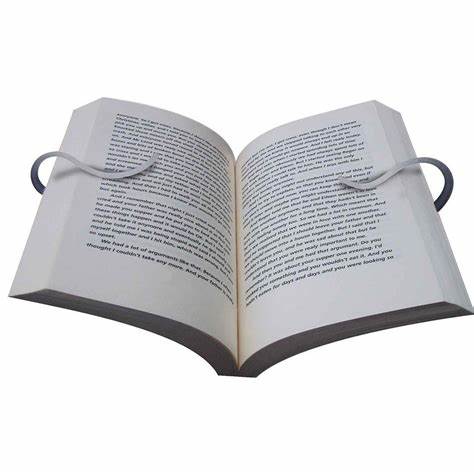A good book is a tool that operates on your mind. It reshapes it by updating, adding, and removing concepts. You see the world through your concepts, and when they change, the way you see the world changes. Recommending a book is like recommending a tool: it's impossible to do without knowing the job a person is trying to accomplish. Here are some principles that I use for selecting a book to read. (1) Find a gripping question. What's a mystery that you wish you could solve? Really dig deep, and develop this question. Write it all out if you need to. What keeps you up at night? Pose a hypothesis to the question; predict an answer. Let the question be your guide. Find books that grapple with it or ones that explore your hypothesis. The writer's journey becomes your journey. The book will give you new concepts and words to navigate towards an answer, a better question, or a more refined hypothesis. You'll find the book interesting and rewarding because you're the one that posed the question. (2) A good book should teeter on the edge of what you do and don't know. Science shows us that we learn most effectively when we build on top of what we already know. A book on calculus will be meaningless if you've never studied the lower levels of math. A book is a tool: it needs something to work on. By building new knowledge onto old, a good book allows you to expand beyond what you once were. It serves as a bridge between two versions of yourself.(3) A good book should subject you to evolution.A good book is like a hammer or a screwdriver: it has the capacity to destroy and dismantle, but it also has the capacity to build, reconstruct, and augment. It will destroy the weakest parts of you, retain the truest parts, and build stronger parts on top of that. How do you find a book that can destroy you and rebuild you in this way? The easiest method is to find books that have survived the process of evolution themselves.Books that have been around and praised by culture for a long time are often worth paying attention to. Culture has repeatedly decided that these concepts were worth preserving, so they must be very adaptive or useful. Another method is to find writers who subject their own ideas to evolution before putting them into books. They let time and experience kill off parts of the idea and allow for new parts to grow.They make the idea adaptive and mold it into the shape of truth. Isn't truth that which survives in any space and at any time? Scientists are really good at this.They take their theories and run them through empirical tests that allow them to be a reshapedby reality. Ideally, their theories die and are reborn stronger and stronger every-time.The works of a good scientist, philosopher, or artist are worth reading for this reason: they've already been refined and subjected to evolution.The final method would be to find books that can give you new experiences.Experience a point of view that you never have before.Step into someone else's shoes and subject yourself to their environment.Examine the parts of you that hold up and the parts which crumble.You may be surprised to find that ideas you believed to be true fall apart in a different environment.

I think that following these principles will help you find books that will change your life: (1) Find a question that grips you.(2) Find a book that explores the question and teeters on the edge of what you do and don't know.(3) Find a book that has undergone a rigorous evolutionary process, so you can familiarize yourself with ideas and concepts that won't die.You guys have asked me for some book recommendations, but that's hard to do without knowing your goals. Instead, I'll put forward some questions that have been interesting to me and the corresponding books that have helped me progress towards a clearer answer.(1) What would happen if we had no emotions?—Descartes' Error by Antonio Damasio (2) How do emotions work?—How Emotions Are Made by Lisa Feldman Barrett(3) What are the limits of the scientific method?—Black Swan by Nassim Taleb (4) Why is behavior so hard to change?—Behave by Robert Sapolsky (5) Why are politics and religion so divisive?—The Righteous Mind by Jonathan Haidt (6) Is there more to life than pleasure or happiness?—Man's Search for Meaning by Viktor Frankl (7) What might a world in which pleasure is the highest good look like?—Brave New World by Aldous Huxley (8) What is man?—Homo Prospectus by Martin Seligman et al.(9) What is personality?How can I think about the self?—Who Are You, Really? by Brian R. Little (10) What is the nature of the culture that I am surrounded in?—Sophie's World by Jostein Gaarder (11) What truly matters at the end of life?—When Breath Becomes Air by Paul KalanithiNow. I'm not saying any of these books contain the answers to these questions, but if you' reinterested in these questions, you might like these books. I believe it's better to chart your own path than to follow my own anyways.
关注公众号知问导图,回复TEX,免费获取本期内容详解等更多精彩内容。











